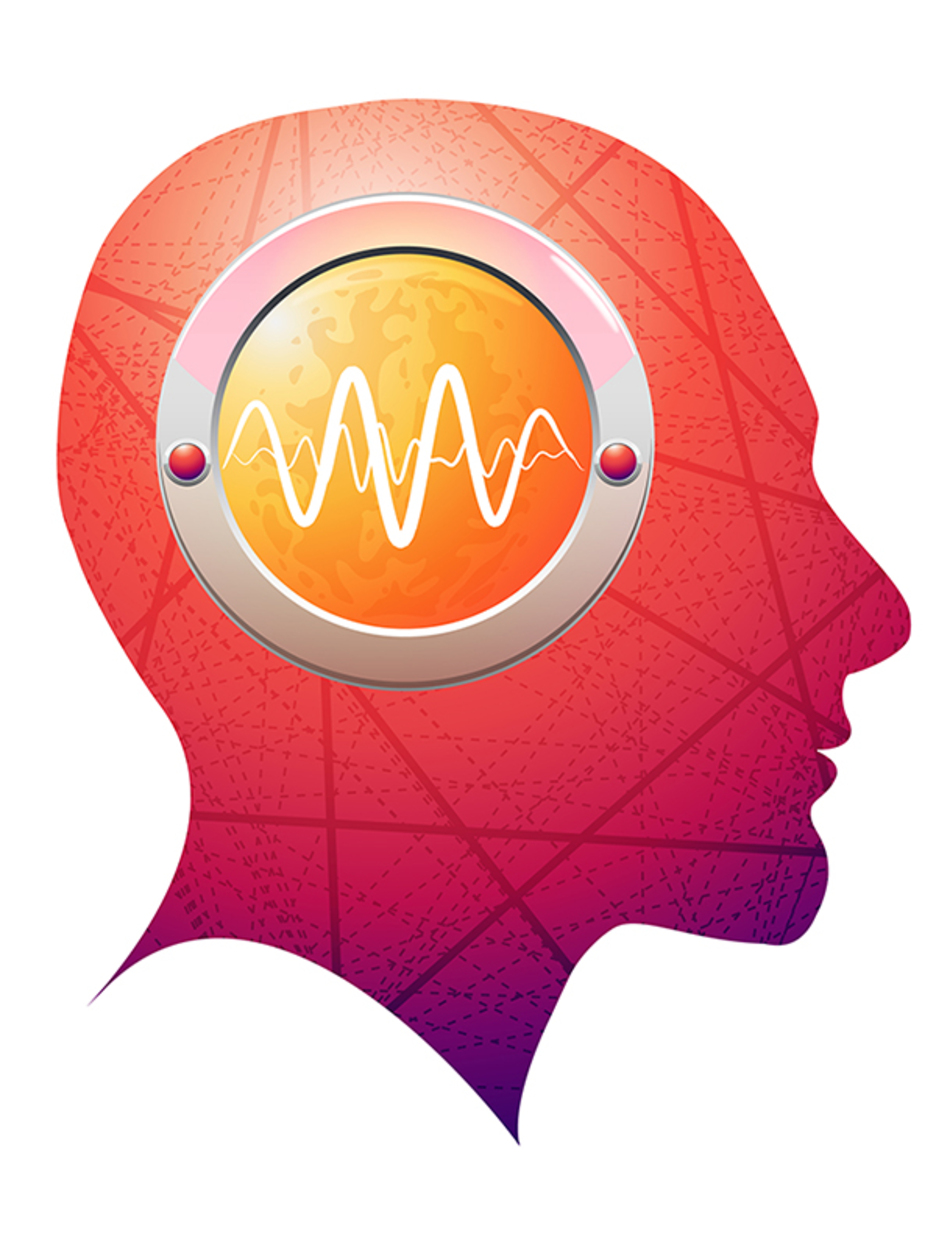
Episode Transcript
Dr. Troy Madsen: So, let's say you're sitting at work and the person next to you falls to the ground and starts shaking over their entire body. They're having a seizure, what do you do? I'm Dr. Troy Madsen, emergency physician at the University of Utah hospital and that's next on The Scope.
Man: Medical news and research from University of Utah physicians and specialists you can use for a happier and healthier life. You're listening to The Scope.
Dr. Troy Madsen: So, you're sitting next to someone, and this is something I've actually seen in the ER. So, you're at a play, Pioneer Theater, it's a great play, and then the person next to you just starts to shake. At first, you're trying not to pay attention, like "I'm not quite sure what they're doing". The big question you ask yourself first is "Is this a seizure"?
Typically, if someone is shaking all over their body and they are not responding to you, that is a seizure. There may be cases where people have abnormal seizures. You may have heard of people just staring off into space. If you have kids maybe sometimes you've wondered if they're having a seizure. They just stare off and they don't respond to you.
Other seizures where just one part of a person's body will shake, maybe their arm or leg. So, kind of some unusual seizures, but the classic thing we see is someone shaking all over their body.
So, the big question too, is then, what is it that really causes a seizure? Really, a seizure is abnormal electrical activity in the brain. You could just think of the electricity going haywire, just kind of going all over the place in the brain.
We'll do things called EEGs on these patients where we actually put electrodes on their head to measure the electrical activity. You look at these EEGs and you're just seeing this electrical activity all over the place, just much different than what we see in a normal person. So, that's what's causing a seizure.
It's always hard to say exactly what part of the brain may have sparked that or what may have caused it. It's interesting; I find that people that come in the ER with seizures, for a lot of them it's the first time they've had a seizure. For most of them, they'll never have another seizure in their life.
I may not know exactly what caused it, we'll do tests to try and figure it out, but sometimes it just happens. Just because you've had one seizure, doesn't mean you're going to have epilepsy, or have seizures for the rest of your life requiring medication.
Again, back to that situation, you're sitting next to this person, they're having a seizure. You look over and they're shaking all over, they're not responding to you or anyone else. What do you do?
Well, the first thing is to get help because this is someone who needs to get an ambulance there. They may need an IV to give them medication to stop the seizure and then get them to the ER to get additional treatment for the seizure and additional testing.
So, in terms of what you're going to do right there, you may think "Okay, I've called for help, but I'm concerned this person is going to bite their tongue." You may have heard at some point "Well, I've got to put a wallet in their mouth". Some people have even said that they were at a restaurant and they actually saw someone put a spoon in someone's mouth to keep them from swallowing their tongue.
The biggest thing I'd tell you here is "Don't do it!" Don't put anything in their mouth because that could just make things worse. Now, this is someone who is not aware of what's in their mouth, something could easily slip out, go down their airway, and block if off.
The good news is with most seizures, they're going to stop in less than five minutes. It's very rare that a seizure goes on beyond that. As long as you can keep this person safe, you don't need to put something in their mouth, just kind of help them so they are not hitting their head violently against the ground or against a chair or something like that.
Just help them so that they're safe so they're not going to hurt themselves further with the seizure. Like I said, it's generally going to stop fairly soon. At that point, the person is often times going to be really sleepy, they may not respond to you. It may take ten to fifteen minutes for them even to respond.
They'll have no idea what happened. They don't know, oftentimes, where they are or what happened what they were doing and that's all part of the seizure and it's something we expect.
So, keep in mind, if you're in a situation where someone has a seizure, less is more. The less you do, the better. Keep them safe, get help there, don't feel like you have to do a whole lot besides that and once you get them the help they need, they're in good hands.
Man: We're your daily dose of science, conversation, medicine. This is The Scope, University of Utah Health Sciences Radio.